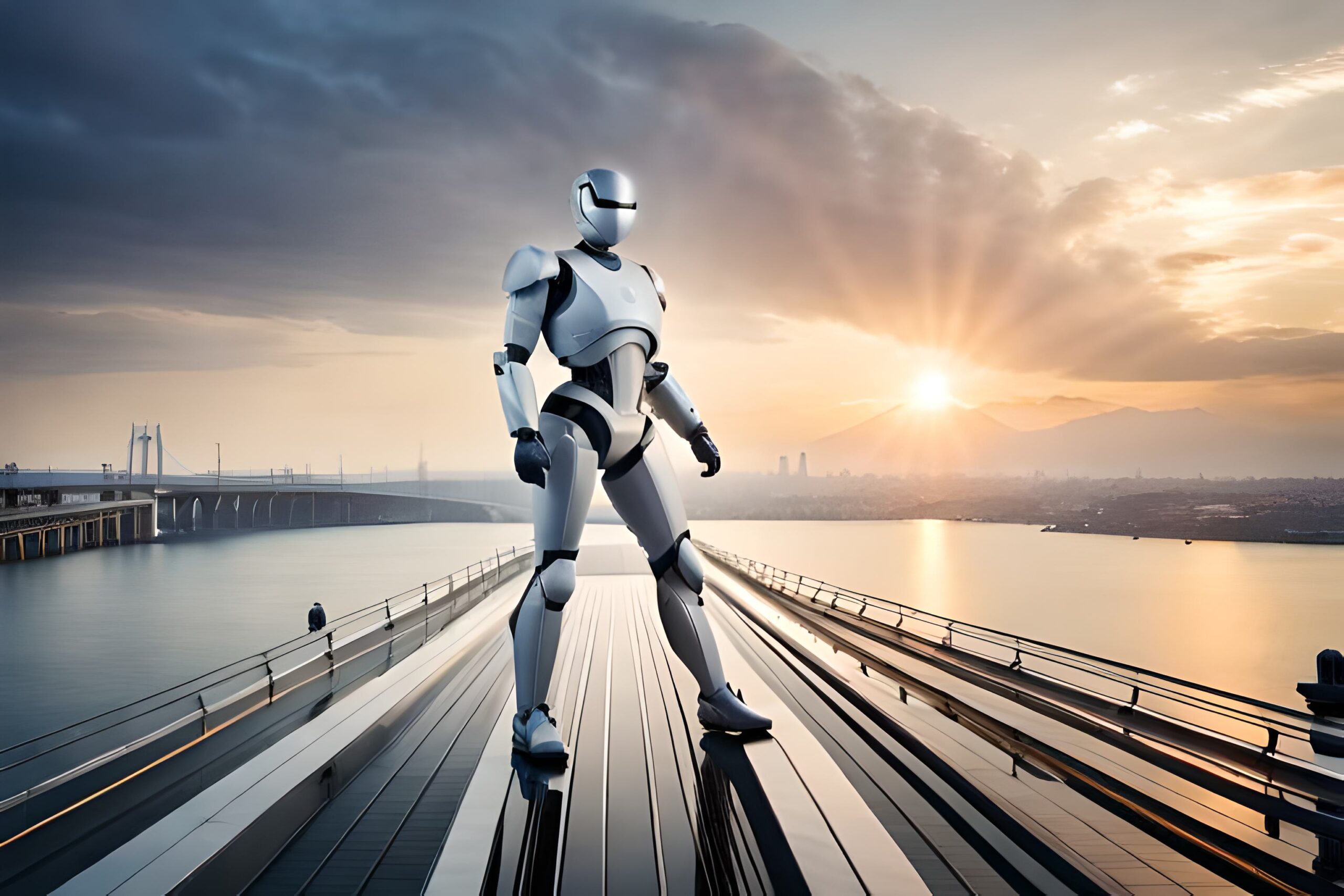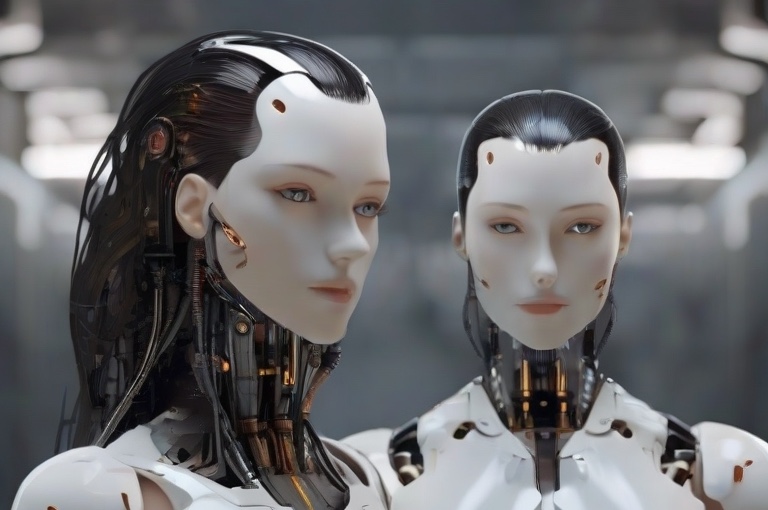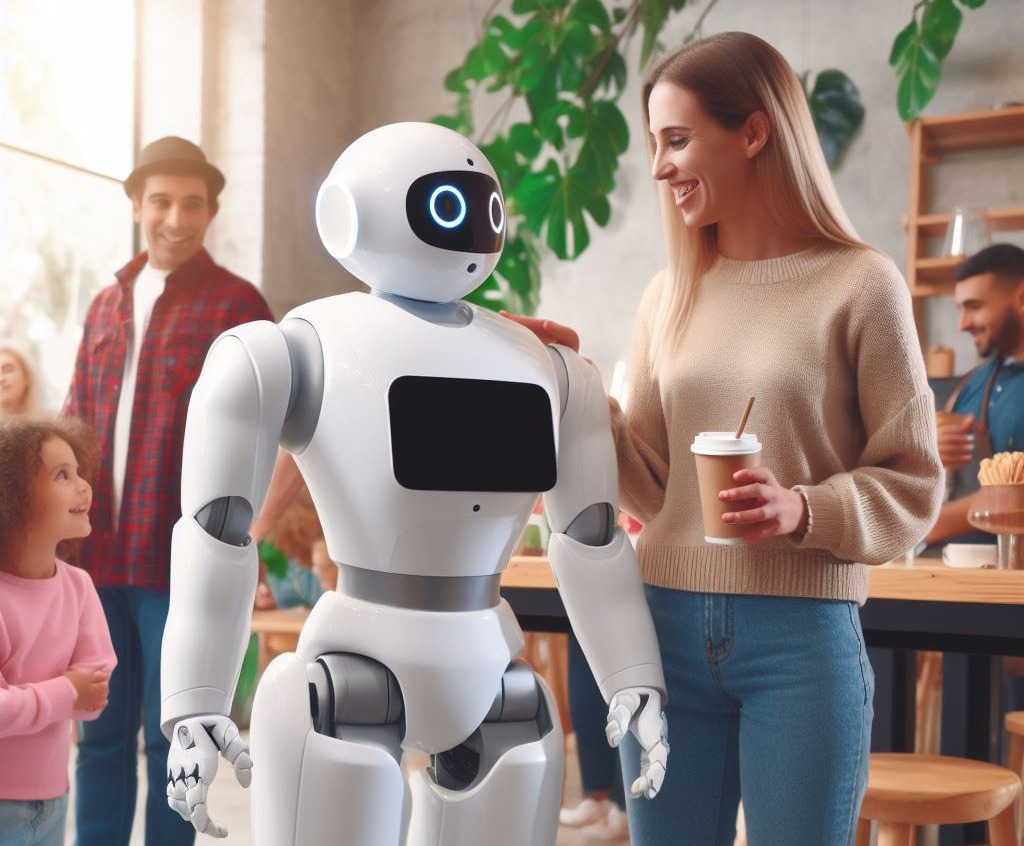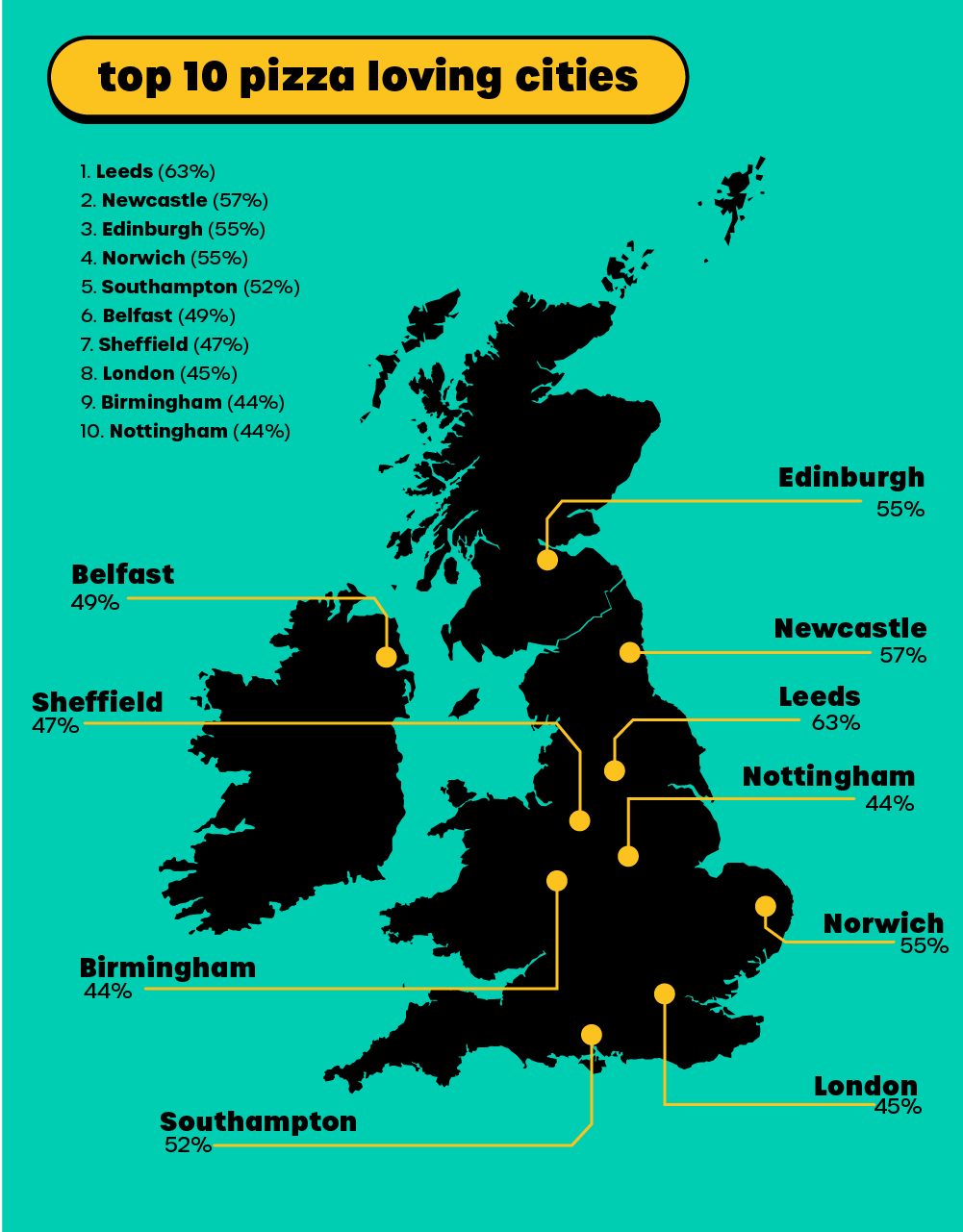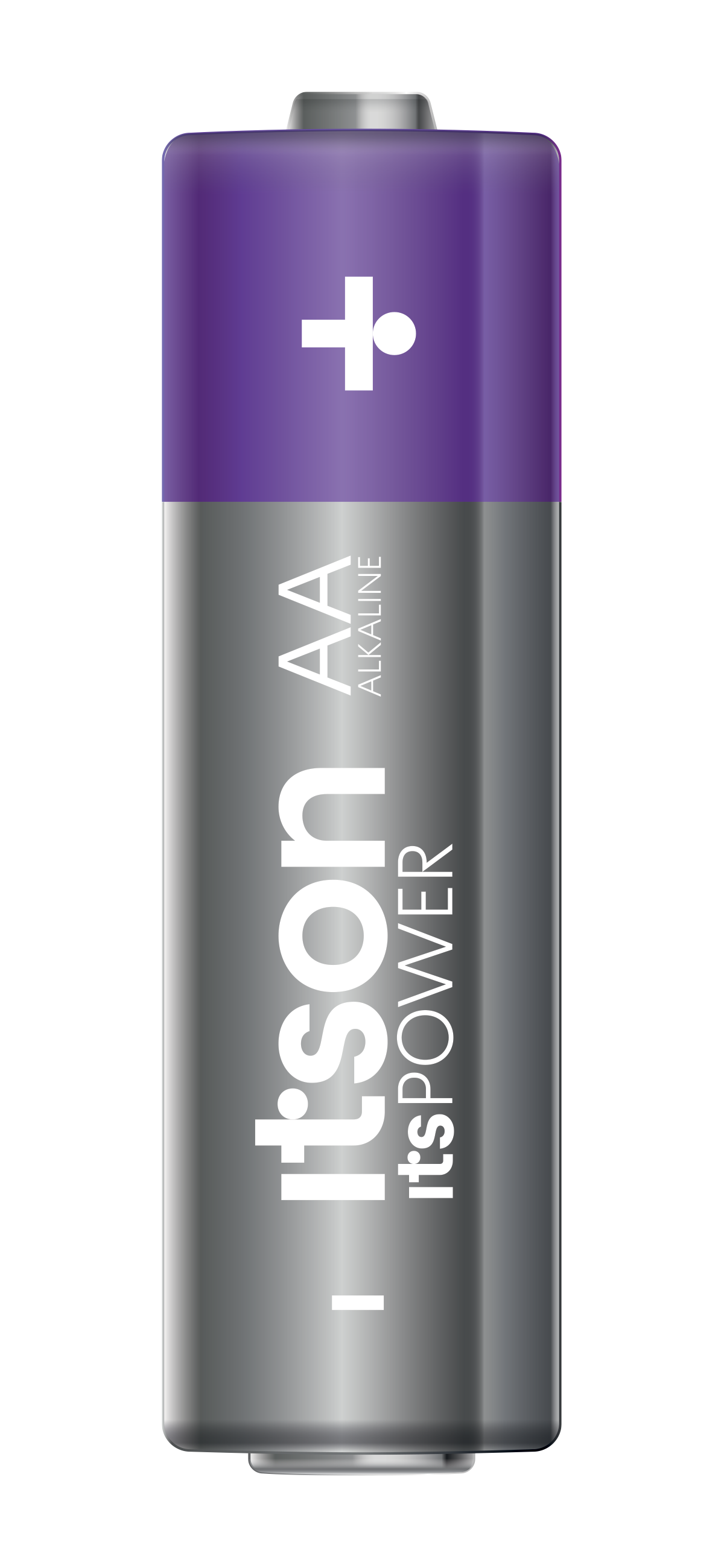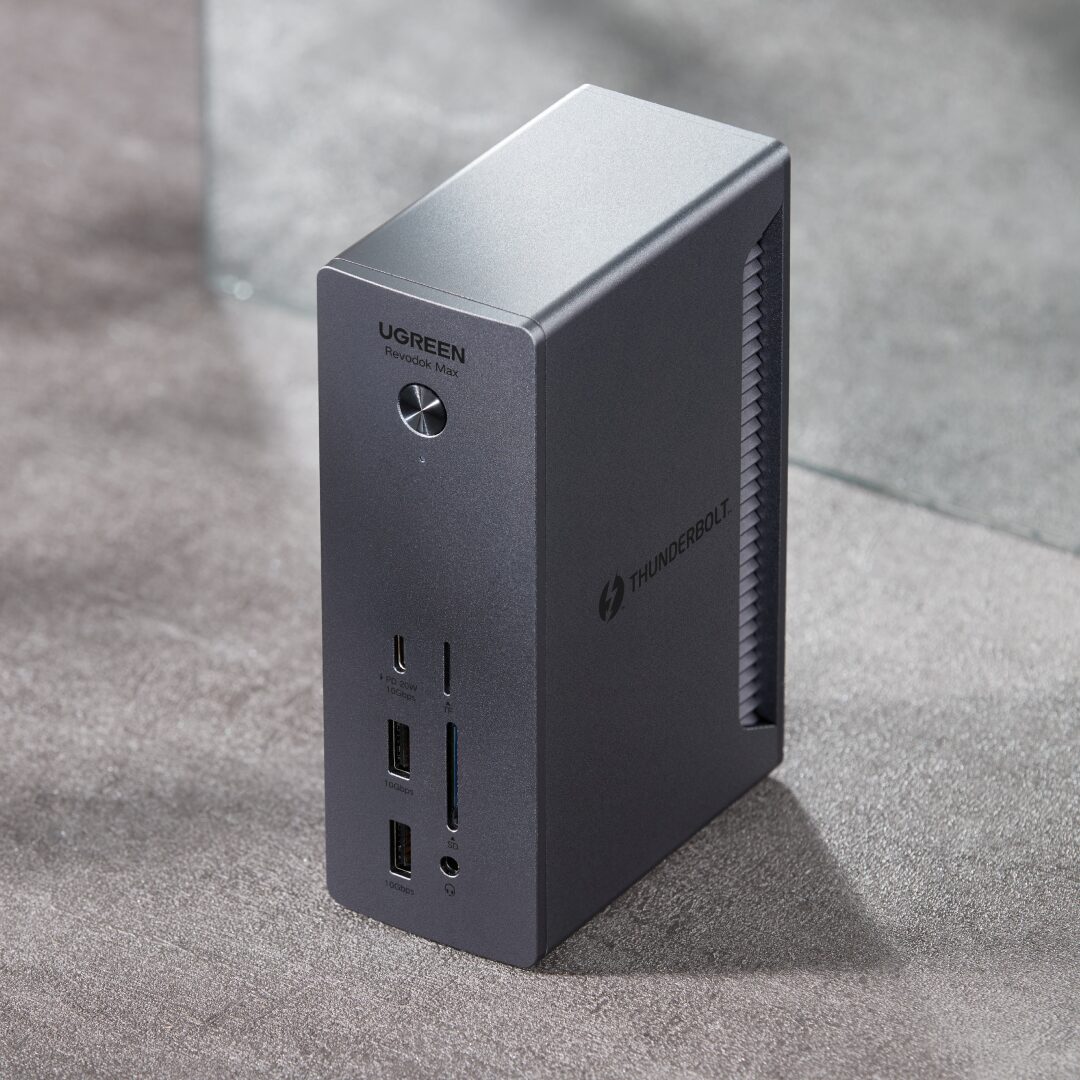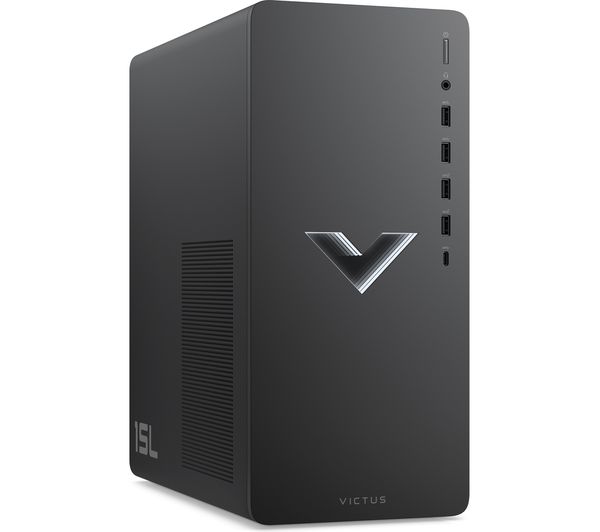Artificial intelligence (AI) is transforming the world in unprecedented ways, and the workplace is no exception. With advancements in machine learning and natural language processing, AI is already being used to automate tasks across a range of industries, from manufacturing and logistics to healthcare and finance. As technology continues to develop at an exponential pace, it’s becoming increasingly clear that AI is set to have a profound impact on the future of work.
AI is already being used to automate tasks in a variety of industries, and this trend is only going to accelerate in the years to come. Recent news stories have highlighted the potential impact of AI on employment, with some experts warning that AI could have as big an impact on jobs as the industrial revolution. Investment bank Goldman Sachs predicts that AI could replace the equivalent of 300 million full-time jobs. As AI continues to develop, workers need to prepare for the future of work.
Considering this, it’s more important than ever for workers to prepare themselves for the changes that lie ahead. Jobs that were once considered safe from automation are now at risk, and workers need to be equipped with the skills and knowledge to navigate an increasingly AI-driven job market. But it’s not just about learning new technical skills – workers will also need to develop a range of soft skills, such as adaptability, creativity, and critical thinking, that are essential for success in a rapidly evolving workplace.
The Impact of AI on Employment
Artificial intelligence (AI) is rapidly changing the world, and the workplace is no exception. AI is already being used to automate tasks in a variety of industries, and this trend is only going to accelerate in the years to come. This raises the question of how AI will impact employment.
There are several ways that AI is likely to impact employment in the future. First, AI is likely to lead to the automation of some jobs. This is because AI can perform many tasks that are currently done by humans, often more quickly and accurately. For example, AI-powered robots are now being used to assemble cars, and AI-powered chatbots are being used to answer customer questions. As AI technology continues to develop, even more tasks will be automated. This could lead to widespread job losses in some industries.
Second, AI is likely to create new jobs. While some jobs may be automated, AI will create new jobs in other industries. For example, AI will be needed to develop, maintain, and operate AI-powered machines and systems. Additionally, AI will be used to create new products and services, which will create new jobs in those industries. For example, AI is being used to develop new medical treatments, which will create new jobs in the healthcare industry.
Third, AI is likely to change the nature of work. As AI becomes more sophisticated, it will be able to take on more complex tasks that are currently done by humans. This could lead to a shift from manual labour to cognitive labour. For example, AI-powered systems may be used to diagnose diseases or to create financial models. This shift could have a significant impact on the skills that are in demand in the workforce.
The impact of AI on employment is a complex issue. While AI could lead to job losses in some industries, it could also create new jobs in other industries. Additionally, AI is likely to change the nature of work. The best way to prepare for the future of work is to develop skills that are in demand in the AI economy and to be adaptable and willing to learn new skills.
Jobs That Are More Likely to Be Automated
Some jobs are more likely to be automated than others. For example, jobs that involve repetitive tasks or require little creativity are more at risk of automation. This is because AI can perform these tasks more quickly and accurately than humans. Some examples of jobs that are at risk of automation include truck drivers, factory workers, call centre representatives, data entry clerks, retail clerks, and fast-food workers. According to a recent report by the World Economic Forum, routine or manual jobs in administration and data processing are most at threat of automation. However, it is important to note that not all jobs that are at risk of automation will be eliminated. In some cases, humans will still be needed to oversee or interact with AI-powered machines. However, the overall impact of automation on employment is likely to be significant.
Jobs That Are Less Likely to Be Automated
On the other hand, jobs that require social skills or creativity are less likely to be automated. AI has increased demand for the skills it can’t replace. Over time, the lower the percentage of social-creative skills required for a role, the more likely that role is to be impacted by AI.
In addition to automation, AI is also likely to lead to changes in the way that work is done. For example, AI-powered tools can help workers to be more productive and to make better decisions. Creativity and creative skills have more often been enhanced by technological disruption than hindered by it.
As a result, workers will need to be able to adapt to these changes to remain successful. The AI revolution promises creative growth in many areas. While some jobs and processes will change or disappear, others should emerge, and people will develop new ways of working in symbiotic relationships with AI.
Workers need to prepare for the future of work as AI continues to develop. Recent news stories have highlighted the potential impact of AI on employment, with some experts warning that AI could have as big an impact on jobs as the industrial revolution.
It is important to note that not all jobs that are less likely to be automated will be immune to the impact of AI. For example, AI-powered tools can be used to automate some of the tasks that are currently done by therapists, artists, and writers. However, the overall impact of AI on these jobs is likely to be less significant than on jobs that are more easily automated.
How AI Is Changing the Way We Work
In addition to automation, AI is also likely to lead to changes in the way that work is done. For example, AI-powered tools can help workers to be more productive and to make better decisions. For example, AI-powered tools can be used to automate tasks such as data entry and scheduling, which can free up workers to focus on more strategic and creative work. Additionally, AI-powered tools can be used to analyse data and identify patterns that would be difficult for humans to see. This can help workers to make better decisions about things like product development, marketing, and customer service.
As a result, Workers Will Need to Be Able to Adapt to These Changes
As AI continues to develop, workers need to be able to adapt to the changes that it is bringing about. This means being willing to learn new skills and embrace new ways of working. Workers who can adapt will be the most successful in the AI economy.
Here are some tips for workers who want to prepare for the future of work in an AI-driven economy:
- Develop skills in data analysis, programming, and machine learning. These are the skills that will be in high demand in the AI economy.
- Be willing to learn new skills. The world of work is changing rapidly, and workers who can adapt will be the most successful.
- Be adaptable and willing to change the way you work. AI is likely to change the way we work, and workers who can adapt will be the most successful.
- Be creative and think creatively. AI is a powerful tool, but it is not a replacement for human creativity. Workers who can think creatively and produce innovative ideas will be the most successful in the AI economy.


